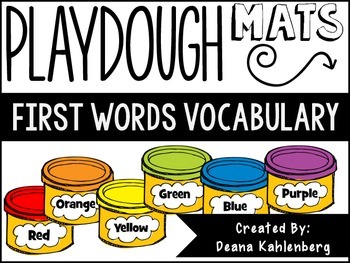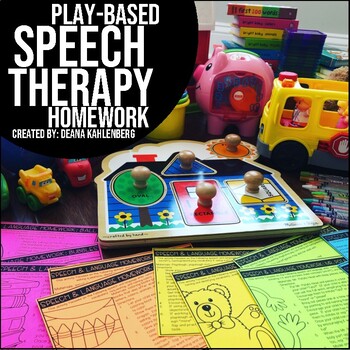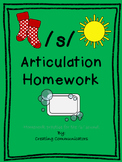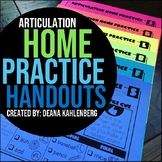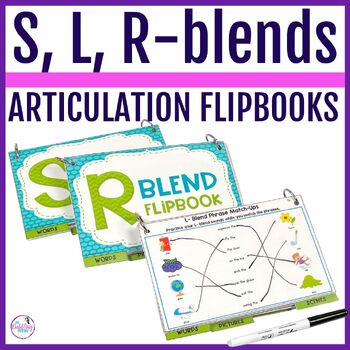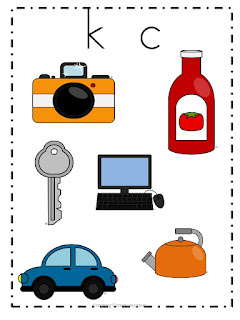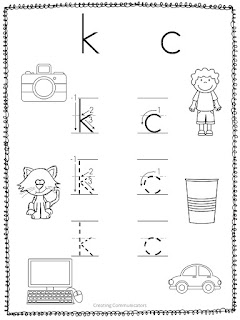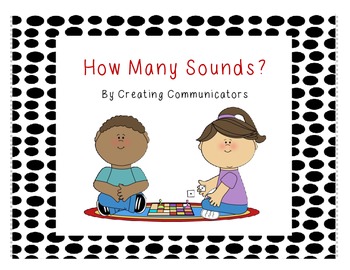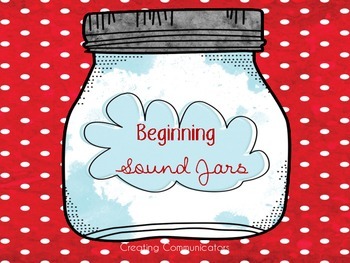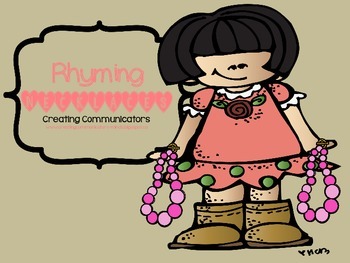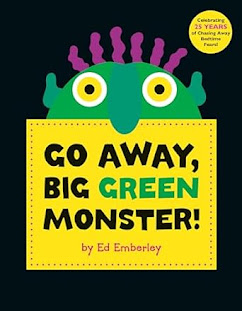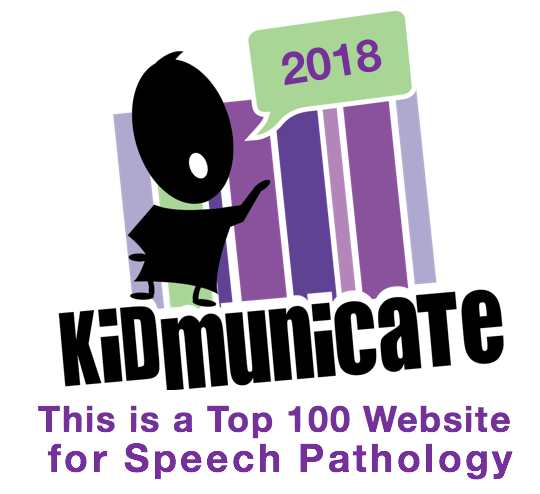I found this
Early Development Instrument! It is such a comprehensive tool!
According to their website:
The
questionnaire has
104 questions and measures five core areas of early child development
that are known to be good predictors of adult health, education and
social outcomes:

Physical Health & Well-Being
Sample EDI questions: Can the child hold a pencil, pen or crayons? Is the child on time for school each day?

Language & Cognitive Development
Sample EDI questions: Is the child interested in reading and writing? Can the child count and recognize numbers?

Social Competence
Sample EDI questions: Does the child share with others? Is the child
self-confident? Will he/she invite bystanders to join in a game?

Emotional Maturity
Sample EDI questions: Is the child able to concentrate? Is the child
aggressive or angry? Is the child impulsive (does he/she act without
thinking)?

Communication Skills & General Knowledge
Sample EDI questions: Can the child tell a short story? Can the child communicate with adults and children?
EDI questionnaires are completed by kindergarten teachers from across
British Columbia for all children in their classes. They are filled out
in February, after teachers have had the chance to get to know their
students. This ensures that teachers are able to answer the questions
knowledgeably.
I love this tool and would like to implement it at some of my Albertan Schools. It is a comprehensive tool.
Ideally, the EDI would be used as a part of a screening process for kindergarten children along side with a SLP screen.
My thoughts: you could do this in October and February and see how much the child has progressed. Hopefully you have aides and are able to carry out this extra task. :)
Thank you, Rick, for this information on this wonderful resource. Love that we are always trying to improve services for our First Nation's People.
Cheers,
Mindy

